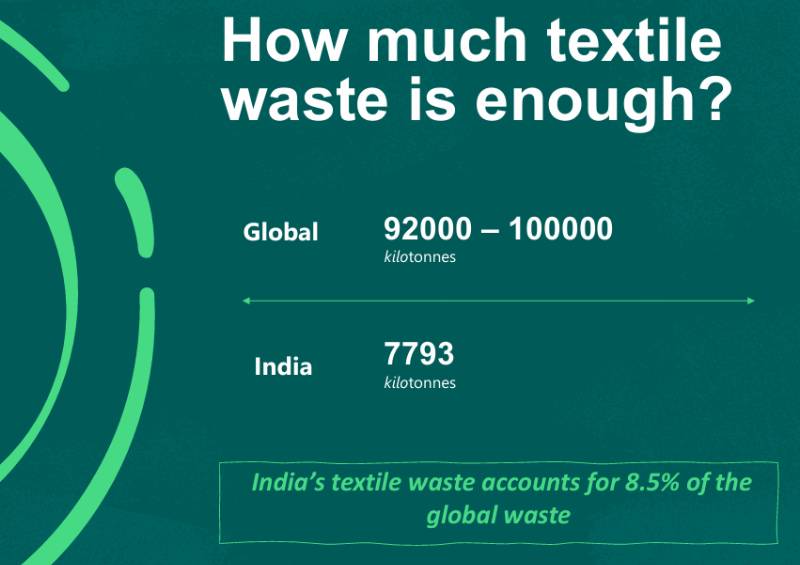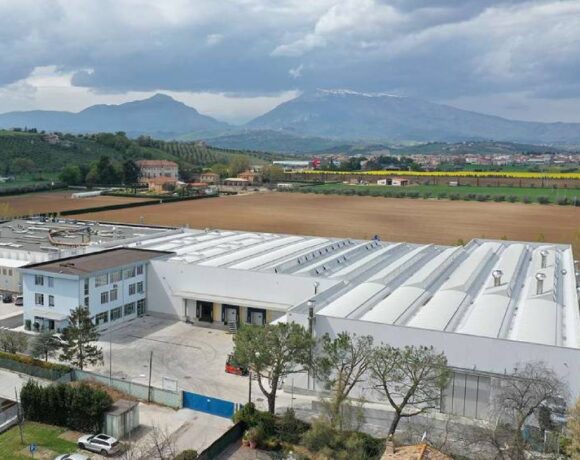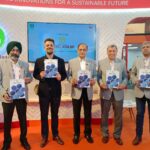Global Push Towards Circular Economy in Textiles Gains Momentum

In a landmark presentation at the Extended Producer Responsibility (EPR) Forum, Valérie Boiten of the Ellen MacArthur Foundation outlined the crucial role of EPR in transitioning to a circular economy for textiles. Boiten emphasized the urgent need for a systemic shift in textile management, highlighting that approximately 12 million tonnes of textiles are introduced to the EU market annually, with more than 8 million tonnes ending up in landfills or incineration.
Currently, the fashion industry operates predominantly on a linear model, focusing on single-sale transactions without provisions for take-back, resale or repair, leading to significant waste. Boiten’s vision for a sustainable future involves textiles being used more, made to be remade and constructed from safe, recycled or renewable inputs. Achieving this vision requires innovative design, robust infrastructure and sustainable business models.
The presentation highlighted that present collection systems are voluntary and fragmented, resulting in low efficiency and limited recycling outcomes. Separate collection rates in reporting countries range between 15% and 45%. Economic challenges also pose significant barriers, as there is no viable business model for the separate collection and processing of discarded textiles beyond reusable clothing.
Boiten stressed that EPR is essential for making the economics of textile recycling work. It funds collection and sorting, unlocks capital investment for necessary infrastructure and creates transparency and traceability in global material flows. Given the global nature of the textile industry, Boiten called for international collaboration to avoid fragmented and ineffective EPR systems. This collaboration is crucial for fair and effective management of textile waste, particularly in countries that import large volumes of second-hand clothing.
The forum also featured a case study on Ghana’s textile waste management presented by Oliver Boachie, Special Advisor to Ghana’s Ministry of Environment, Science, Technology & Innovation. Ghana faces significant environmental impacts from second-hand clothing imports, exemplified by the Kpone Landfill Fire of 2019. Boachie highlighted the potential of EPR schemes to transform textile waste management, emphasizing the need for fairness, transparency and accountability from textile exporting countries.
Anjali Krishnan from IDH Trade provided insights into India’s textile waste landscape. India generates approximately 7,793 kilo tonnes of textile waste annually, accounting for 8.5% of global textile waste. The report identified barriers to effective EPR implementation, including a fragmented supply chain, lack of consumer participation and insufficient regulatory frameworks. However, initiatives such as the New Textile Policy and targeted upcycling projects offer hope for progress.
The forum concluded with a call to align on key objectives and minimum requirements for EPR, account for cross-border exports and establish common definitions of waste. The consensus among experts is clear: to achieve a sustainable, circular economy for textiles, global collaboration and robust EPR policies are indispensable.















